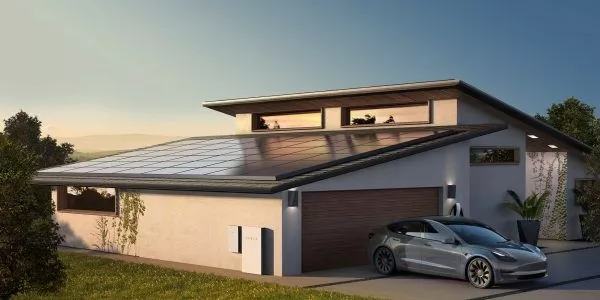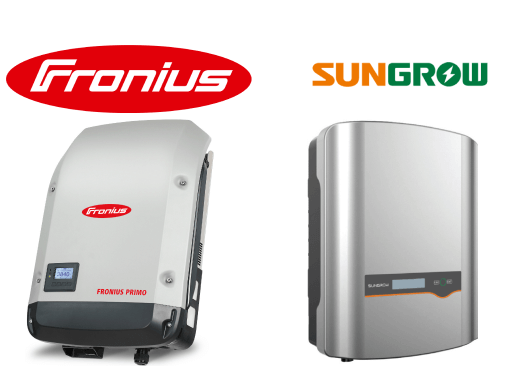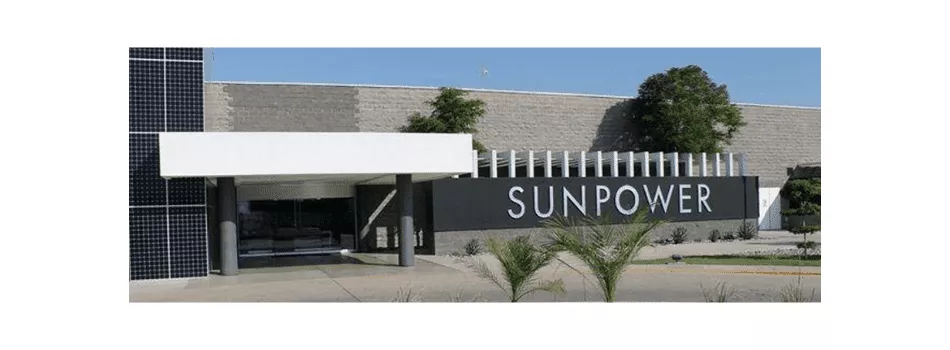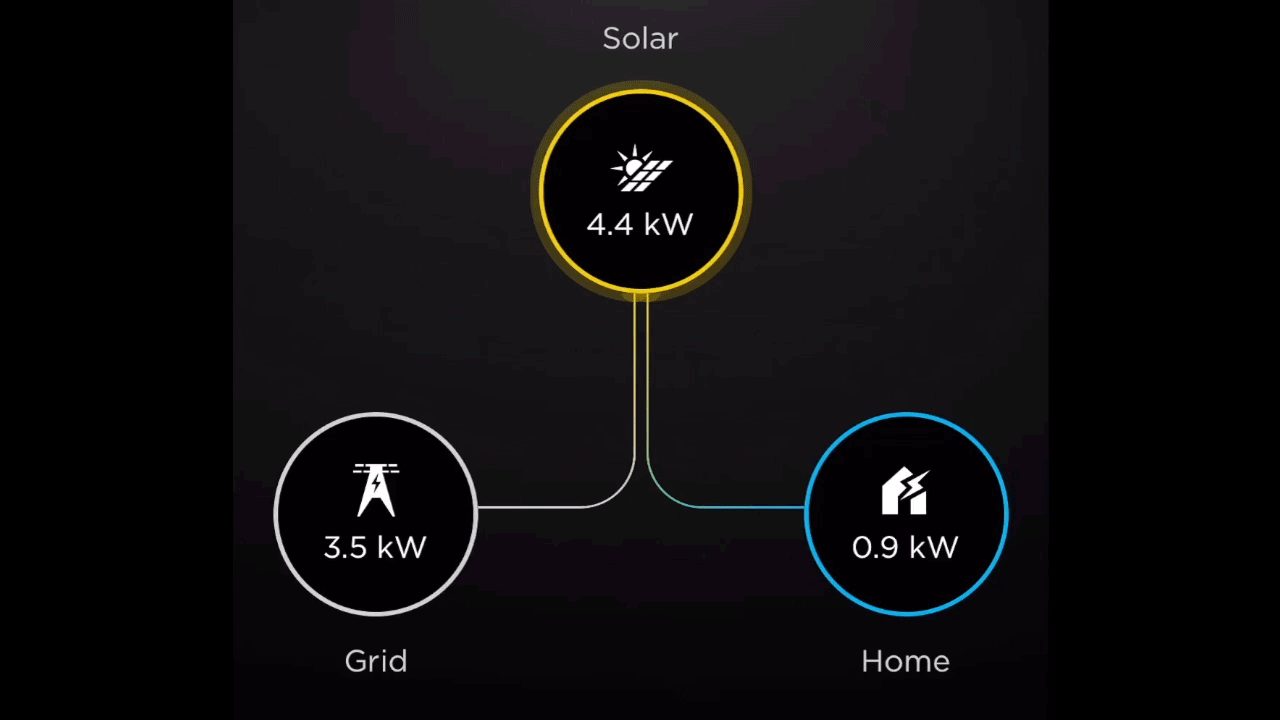Curious about which EV charger to pick? Our industry-leading experts in this blog will guide you to make an informed decision between Type-1 or Type-2 options. Despite the array of options available, the majority of EV chargers are now...
Curious about which EV charger to pick? Our industry-leading experts in this blog will guide you to make an informed decision between Type-1 or Type-2 options.
Despite the array of options available, the majority of EV chargers are now categorized as either Type 1 or Type 2, depending on your car type. Manufacturer’s guides hold the charger specifications.
While electric vehicles are eco-friendly, it’s counterintuitive to switch to EVs if the transition comes at a high cost. Opting for a Type 2 charger over Type 1 is advisable for cost-effectiveness.
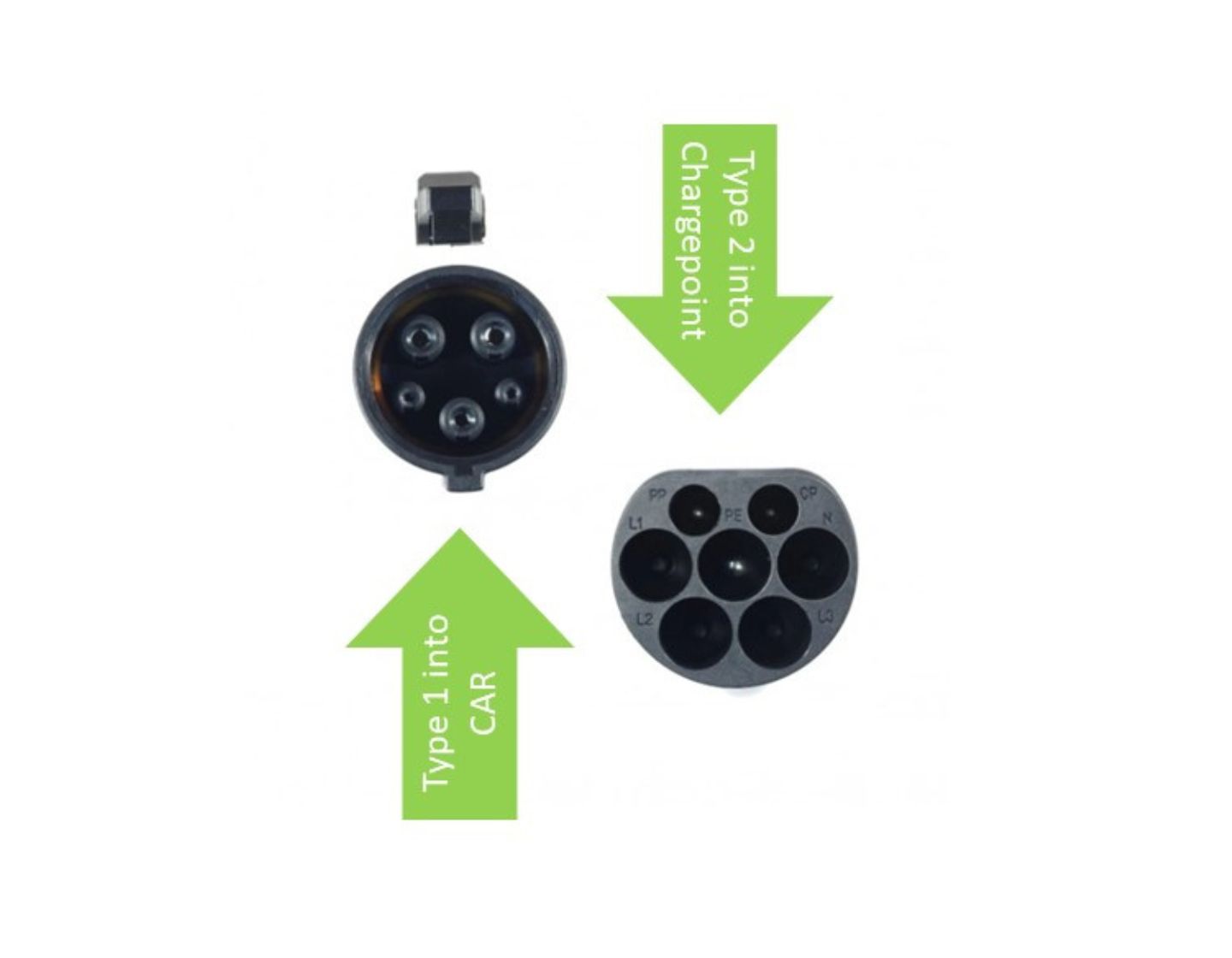 Type-1 Cable
Type-1 Cable
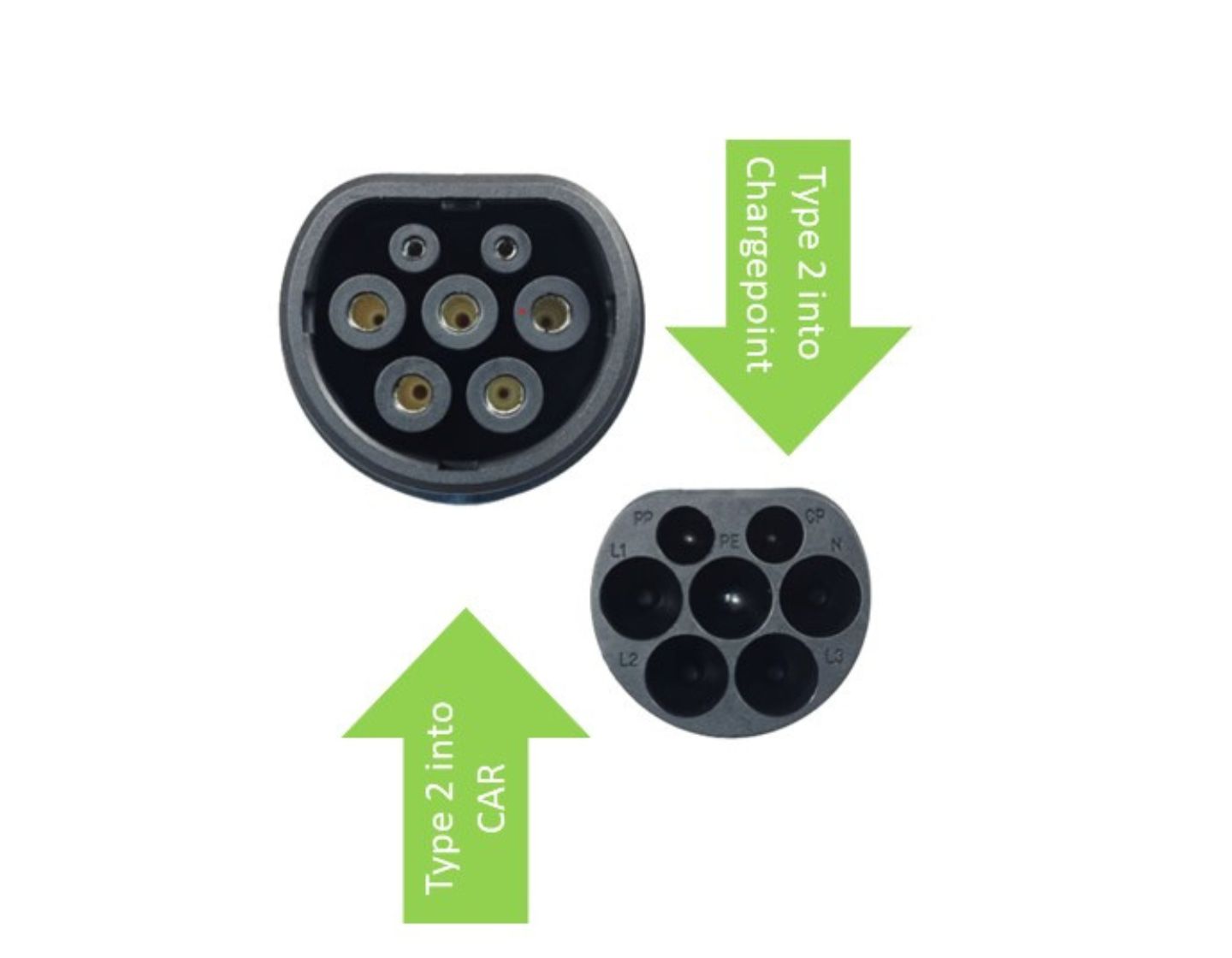 Type-2 Cable
Type-2 Cable
Type 1 EV Charger
Type 1 EV Chargers are generally single-phase and charge at a rate of around 2.4 kW, sometimes peaking at 7 kW. These chargers sport a 3-pin design and are typically compatible with various EV models. A small latch secures the plug during charging.
Although Type 1 charges at 2.4 kW, it’s slower, ideal if you’re not time-sensitive. However, these chargers directly draw energy from the mains, not an efficient choice compared to solar power.
Type 2 EV Charger
Type 2 EV Chargers, with 5 pins, are compatible with both single and three-phase power mains. They’re the more common option, charging faster than Type 1. Speeds range from 7.4 kW for single-phase houses to 22 kW for three-phase setups.
Equipped with locking pins, Type 2 chargers ensure secure charging. They outpace Type 1, drawing power from the mains, the grid, and your solar system.
Distinguishing Speed Between Type 1 and Type 2
The main difference between Type 1 and Type 2 is speed and reliability. Type 2 is faster than Type 1. As mentioned above, the average speed of Type 1 is 2.4kW, whereas it is 7.4kW to 22 kW for Type 2. Another factor for comparison is type of plugs. Type 2 is the standard charging cable in Europe and Australia. In contrast, Type 1 is dominant in Japan, Asia and America. Therefore, Type 2 is best fit for Australia.
Choosing the Better Option
By now, you’ve likely concluded that Type 2 reigns as the superior EV charger. It’s quicker, compatible, and dependable. Reserve Type 1 for less frequent car use. Type 2 offers the bonus of spontaneous charging, especially if you’re charging at home or work, eliminating worries about finding EV chargers en route. Additionally, Type 2 chargers can integrate with a Solar System.
Final Verdict
Overall, selecting Type 2 EV chargers is a wise move. They’re not only faster, reliable, and adaptable, but they’re also future-proof. If you seek more information, our experts are available to discuss suitability according to your needs and assist with EV charger installation.
The post Type 1 VS Type 2 EV Charger | 2023 first appeared on Solar Air Energy.






